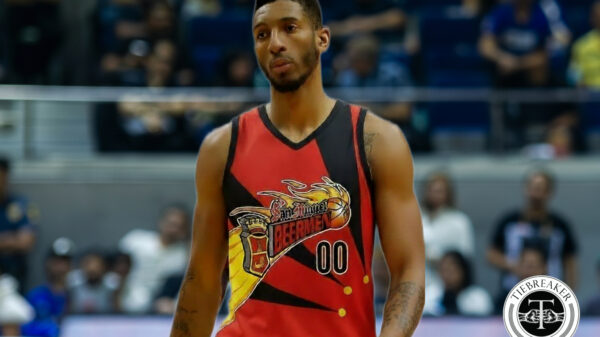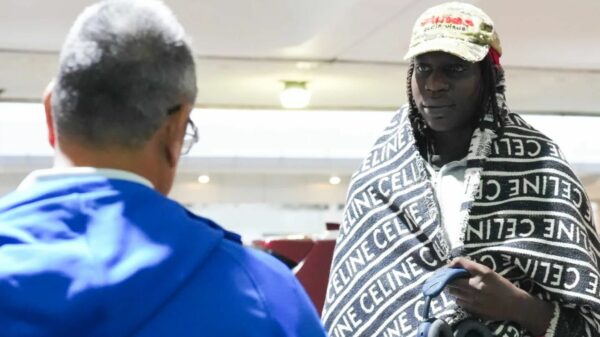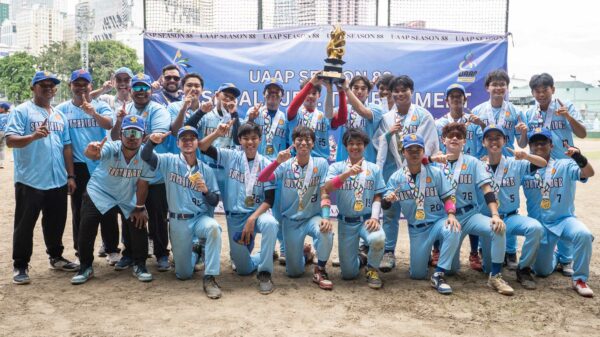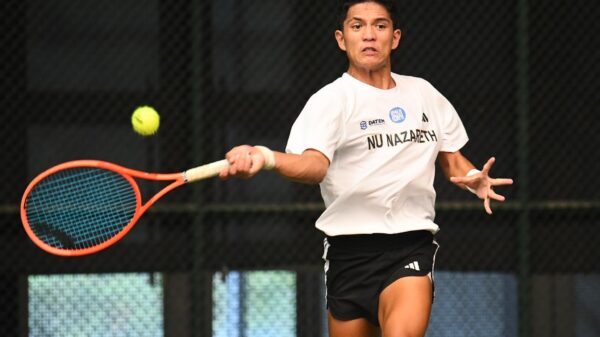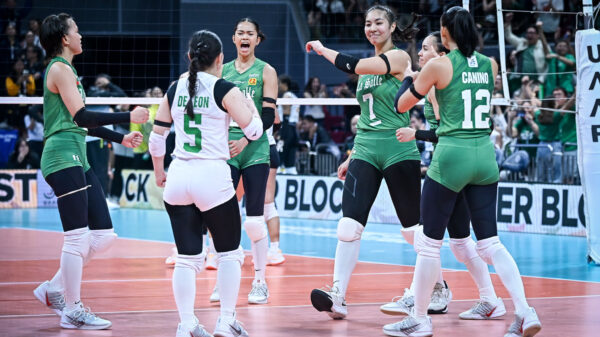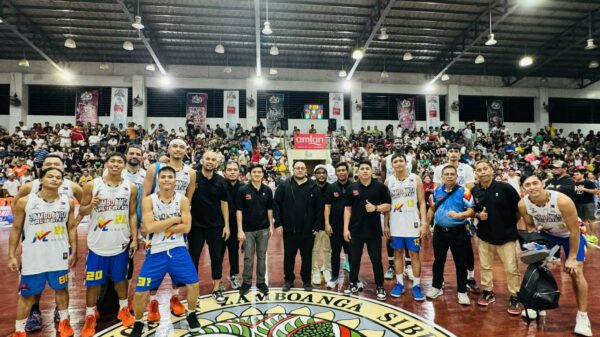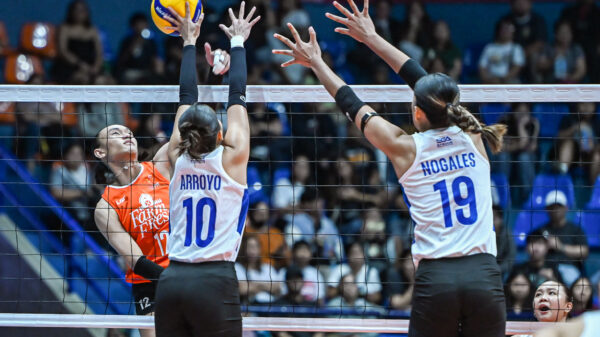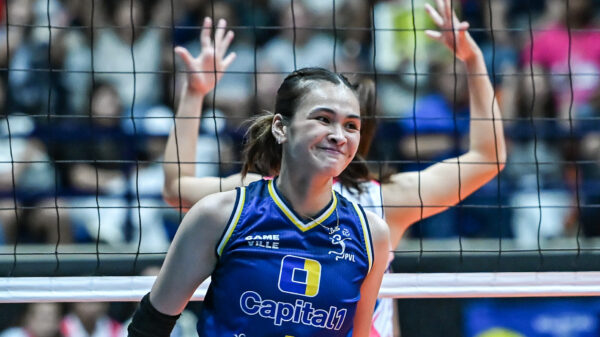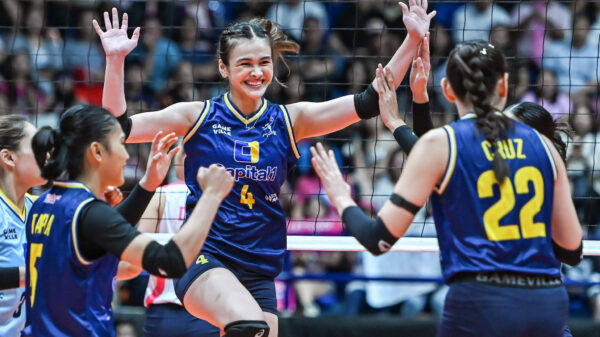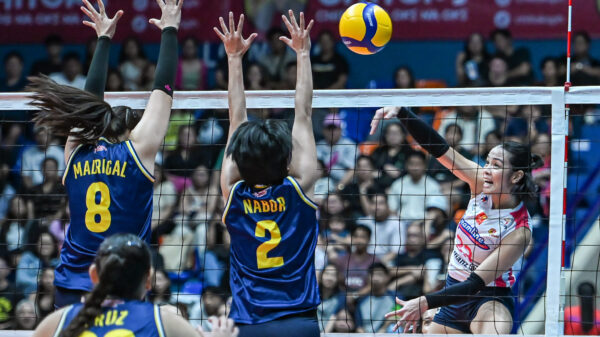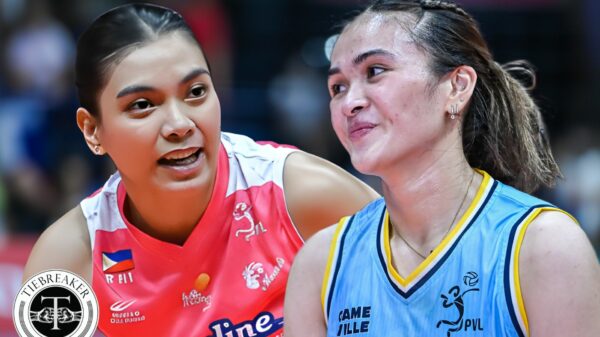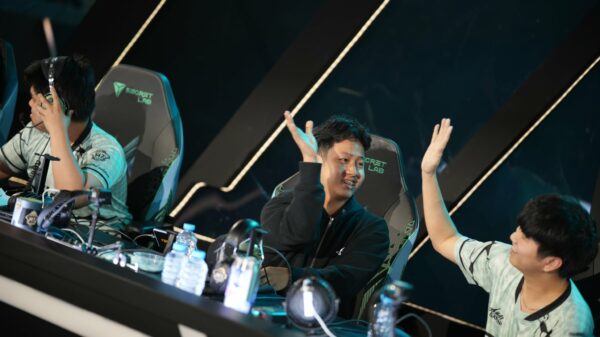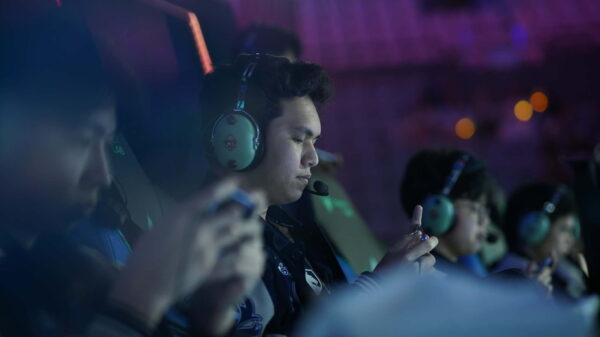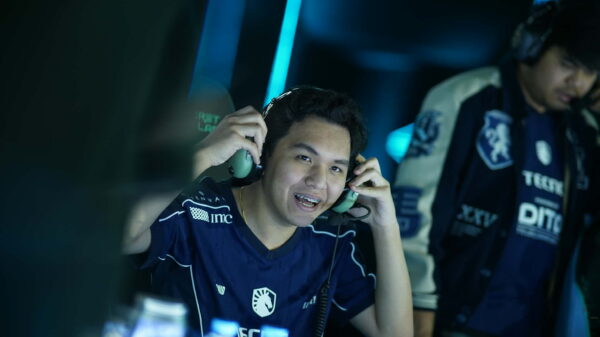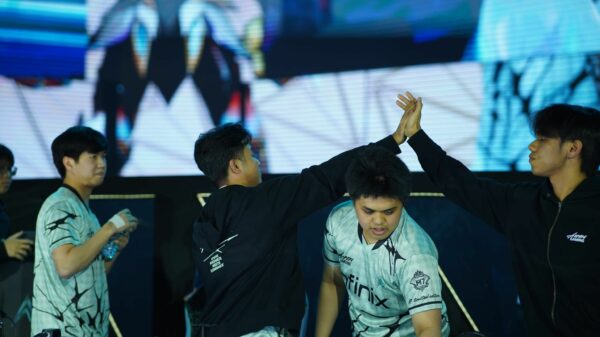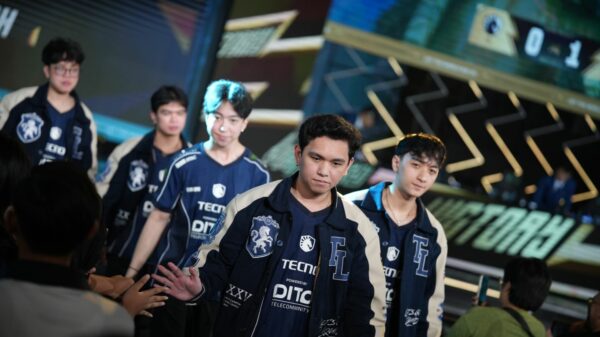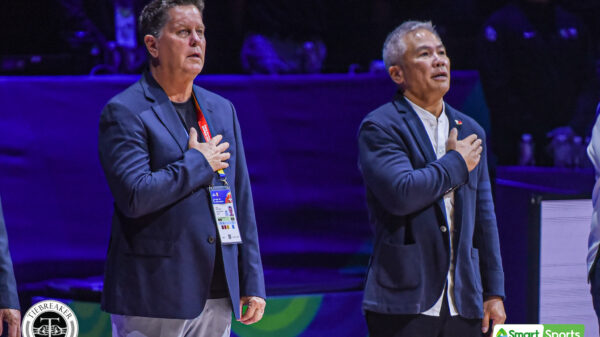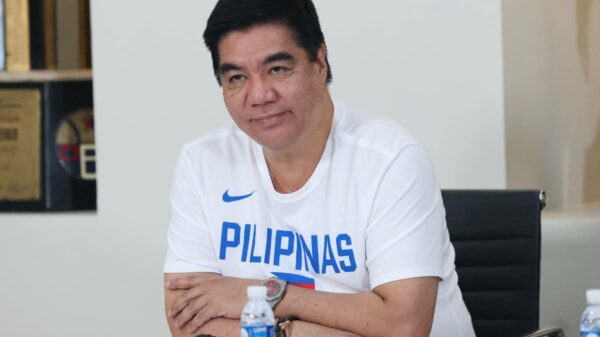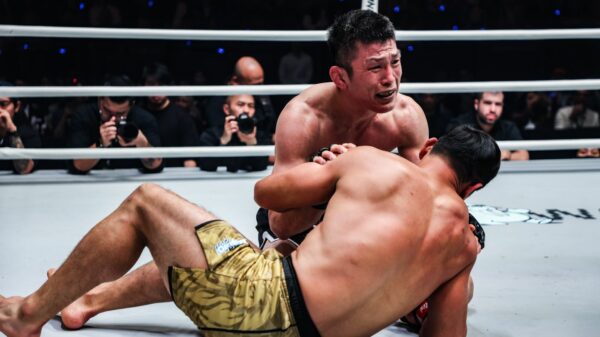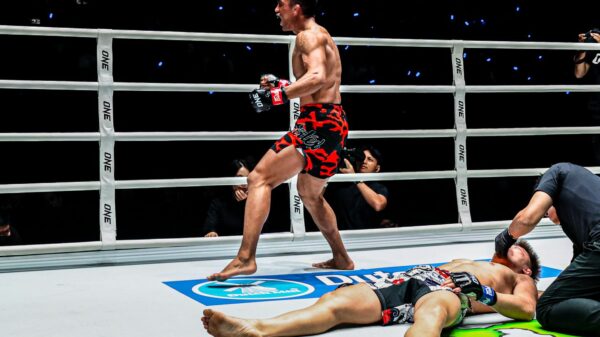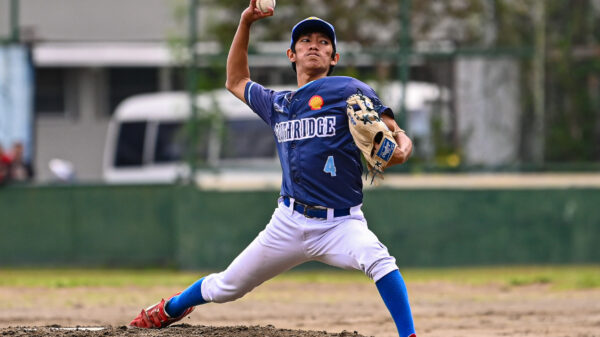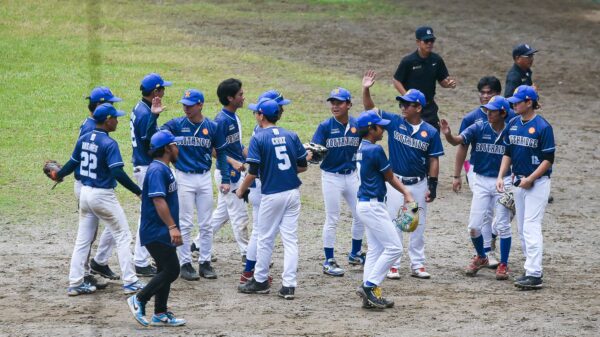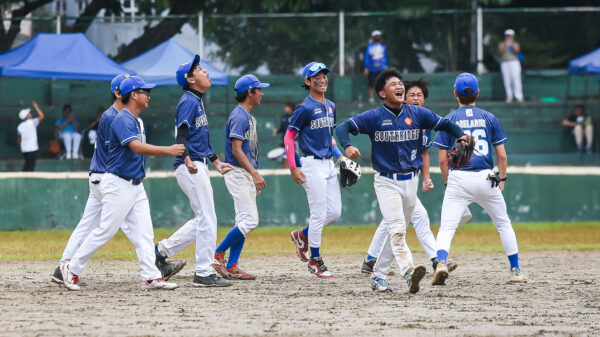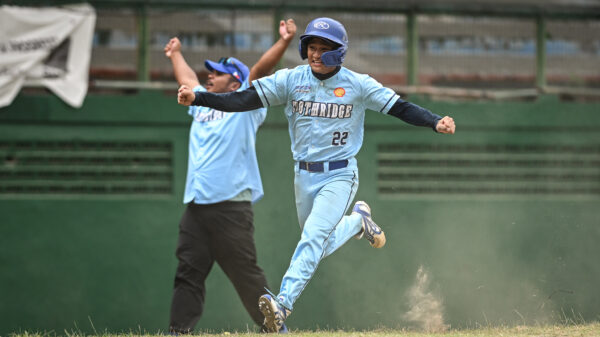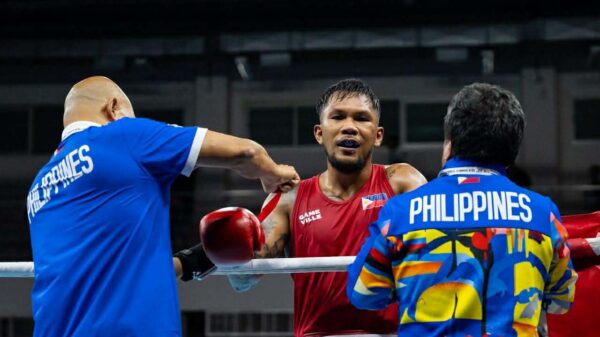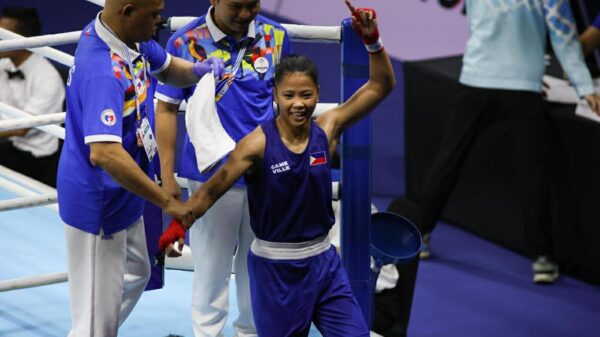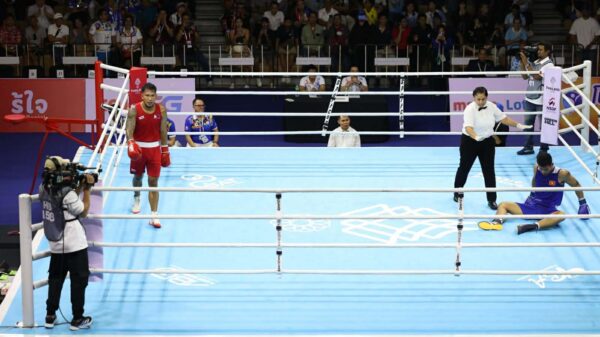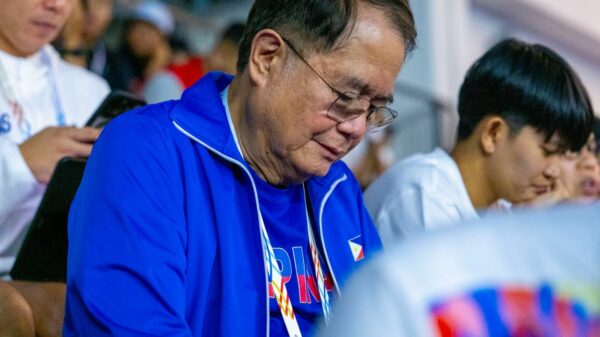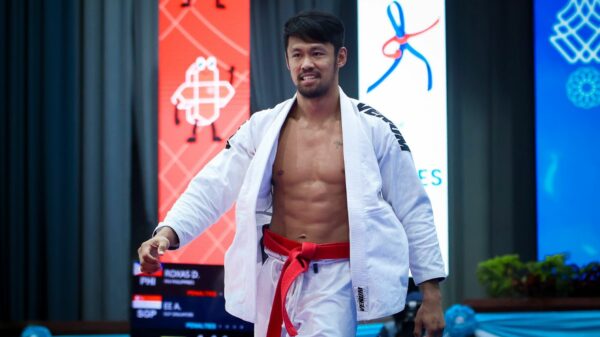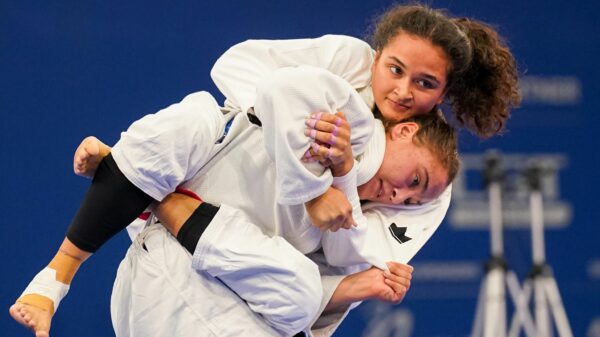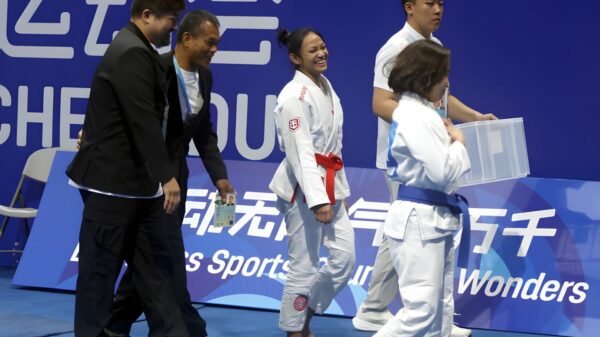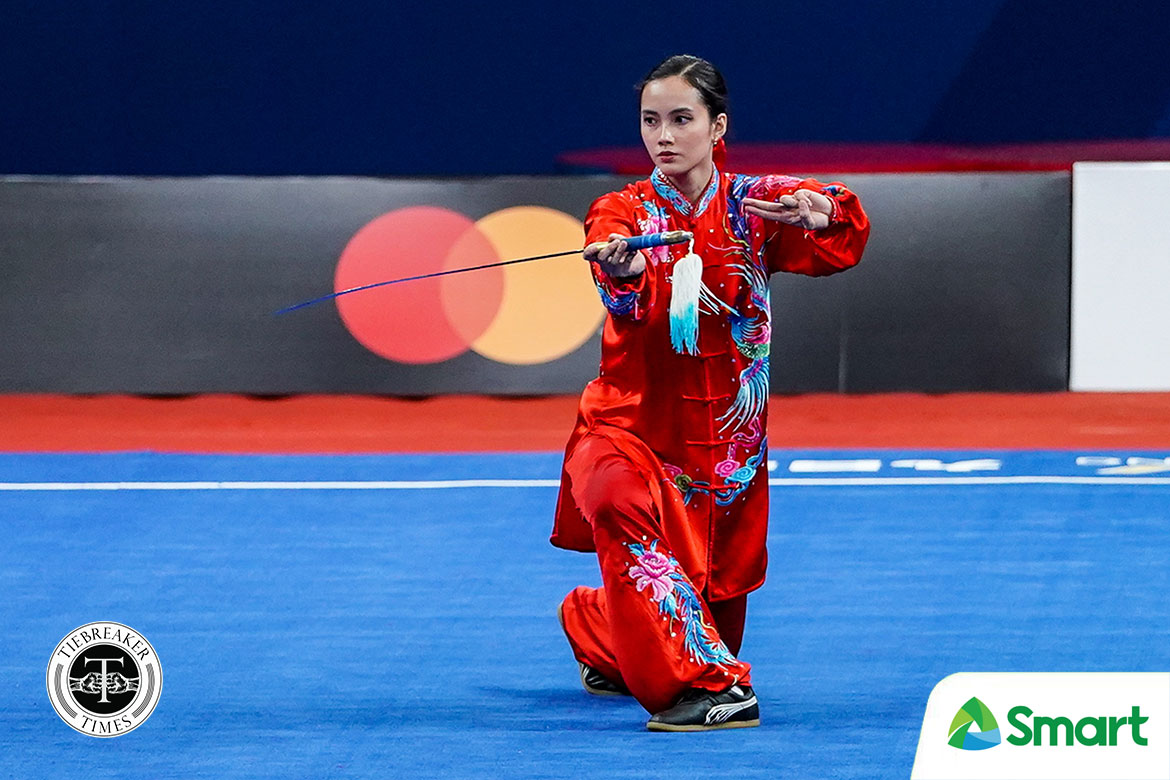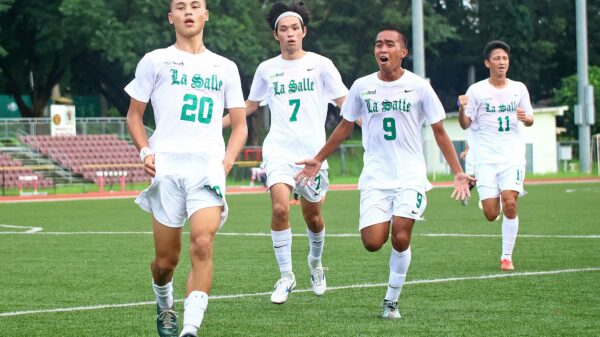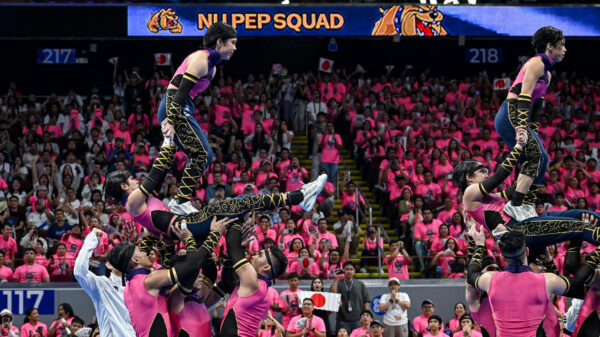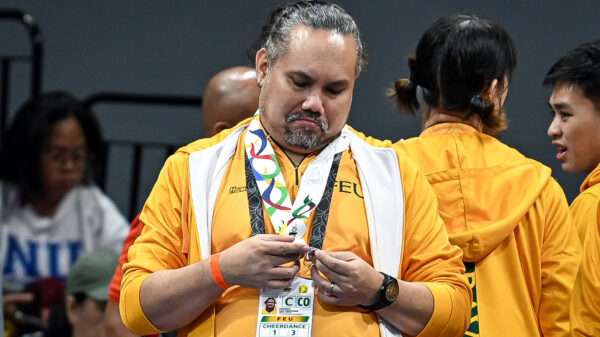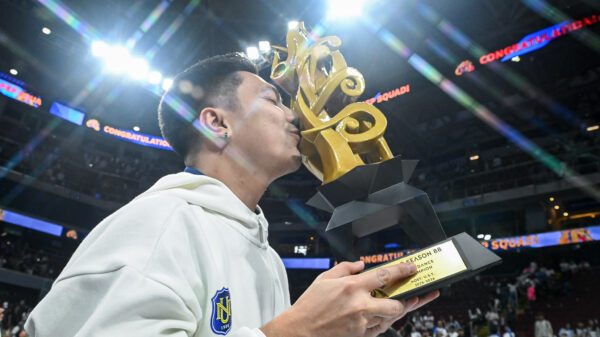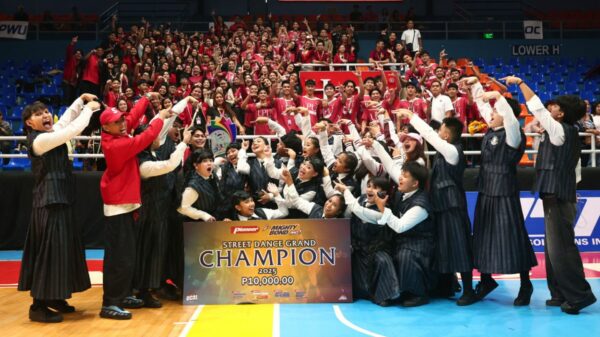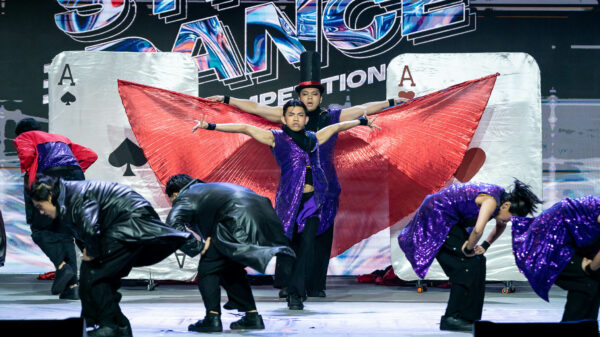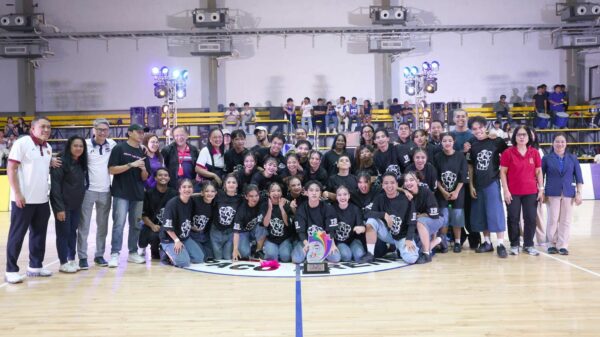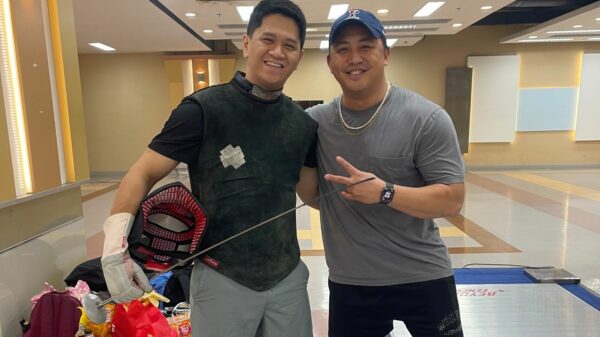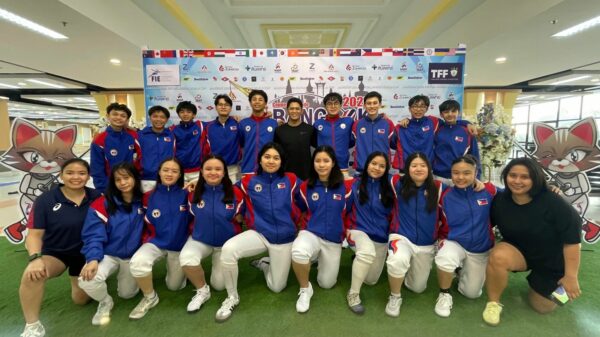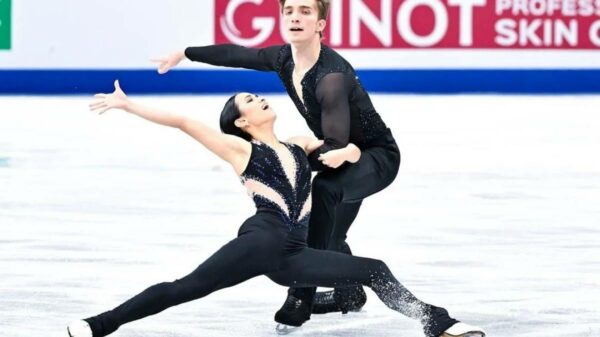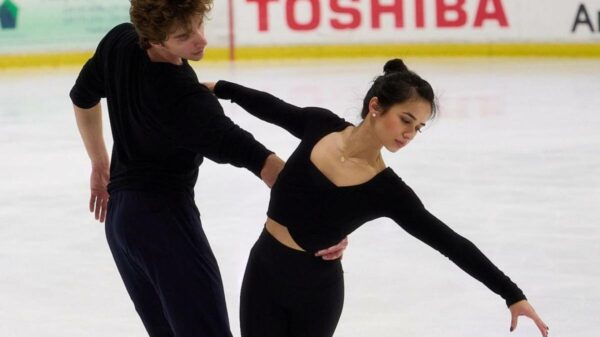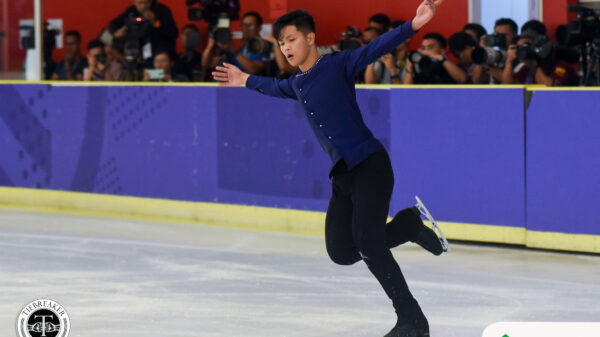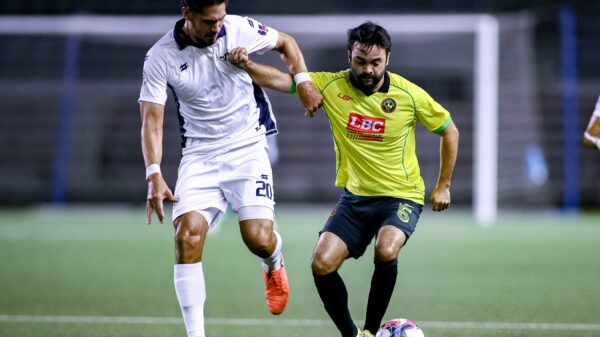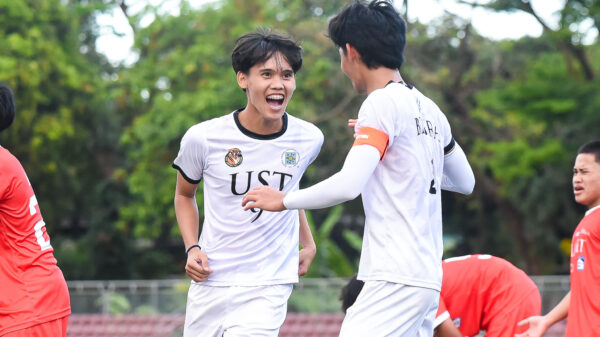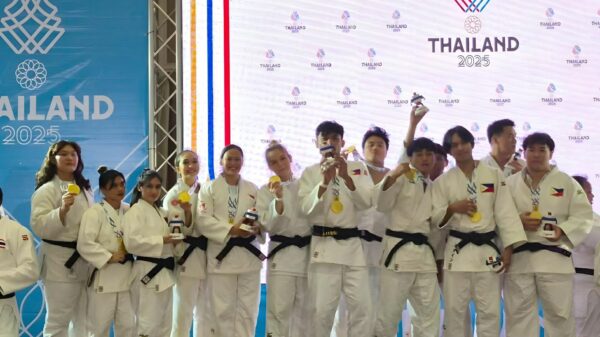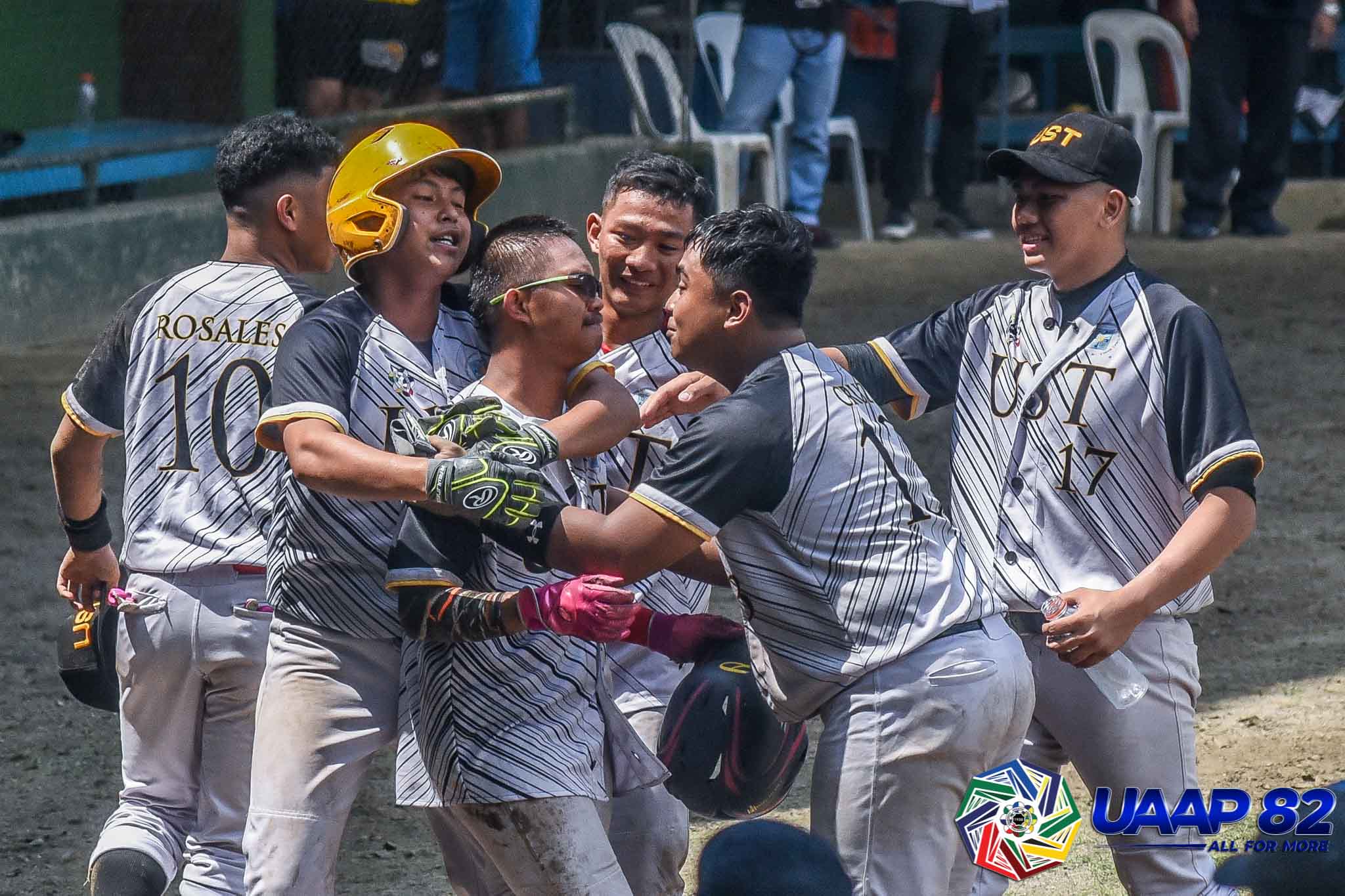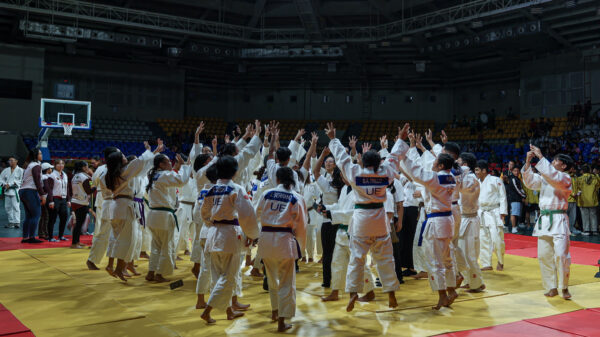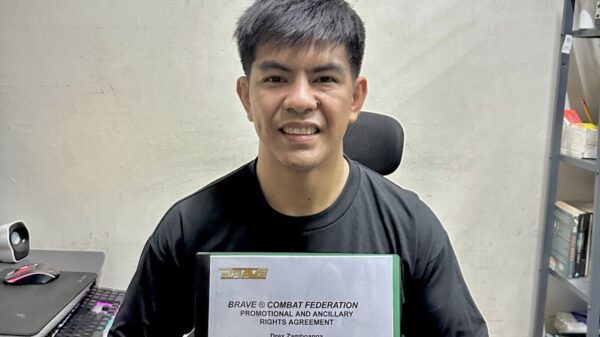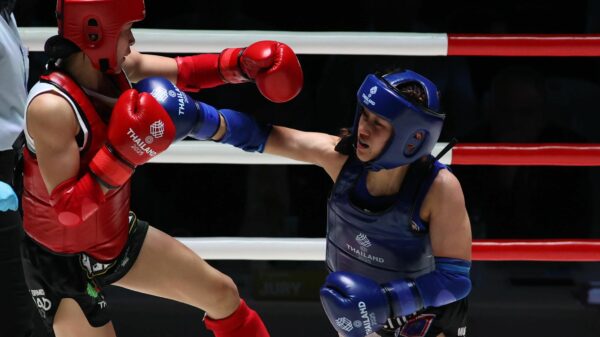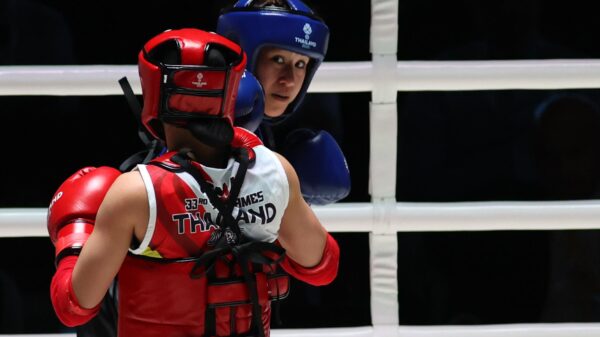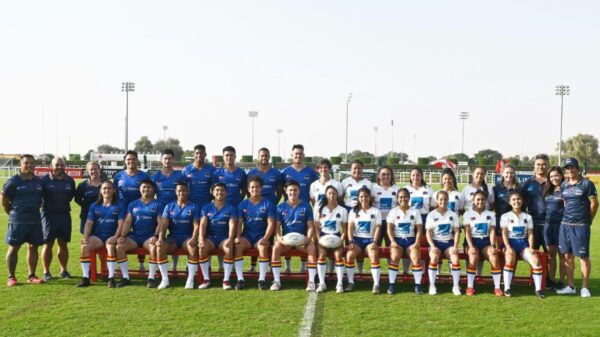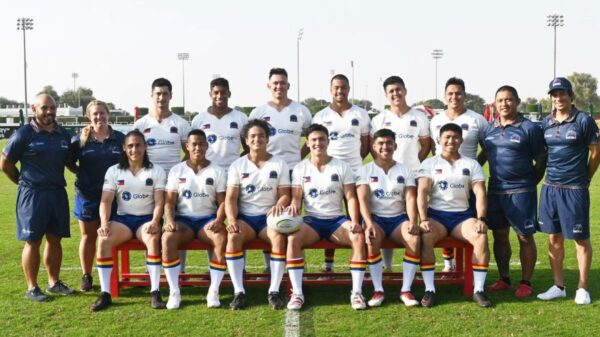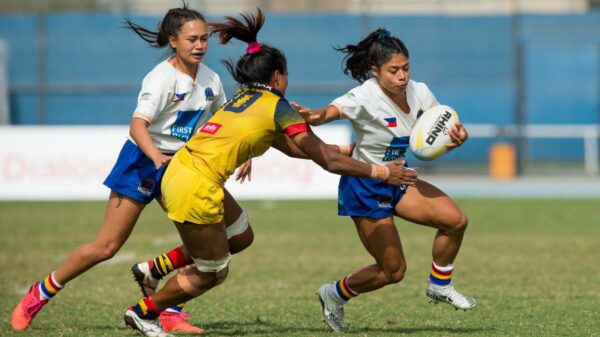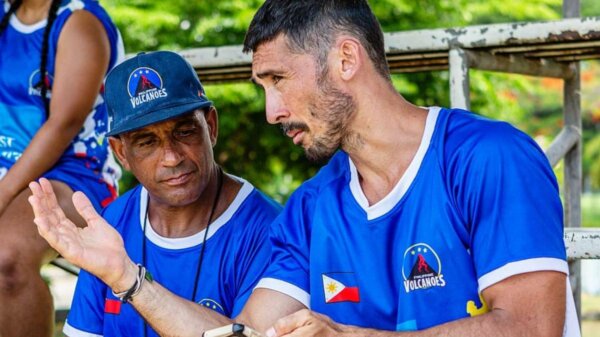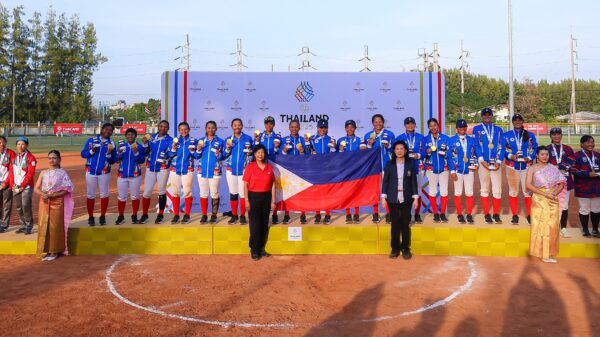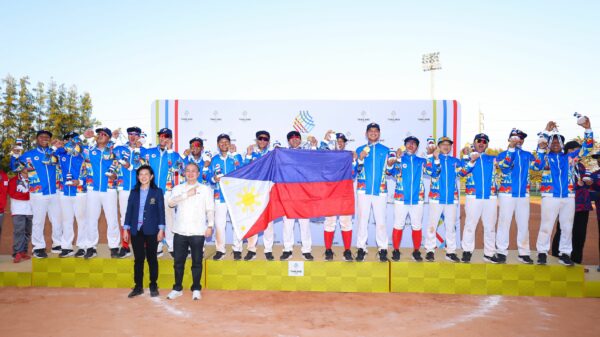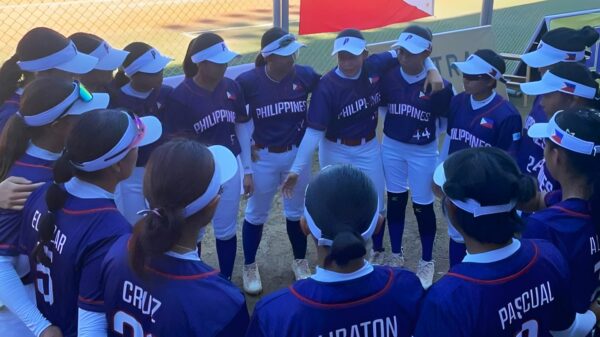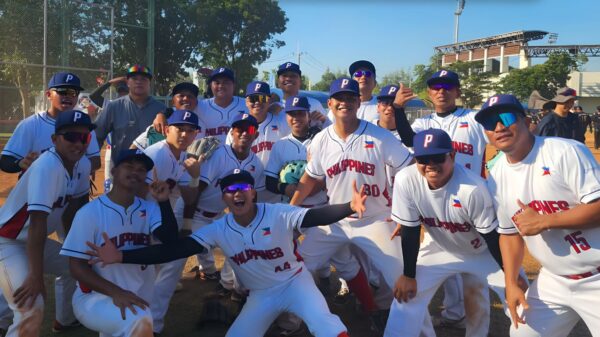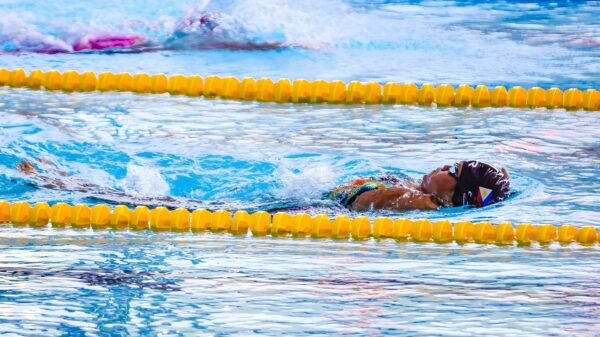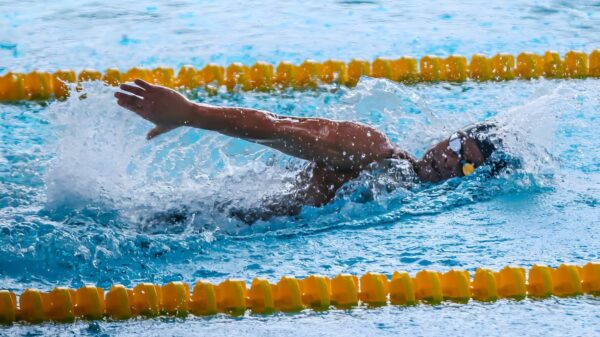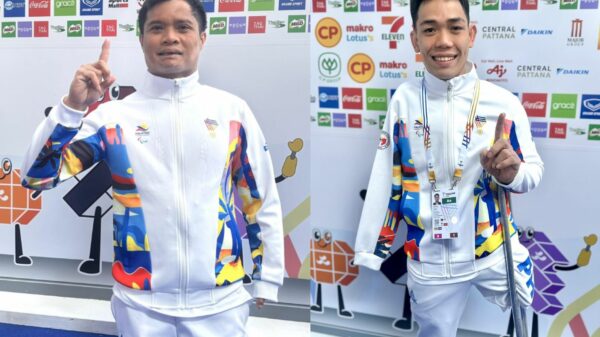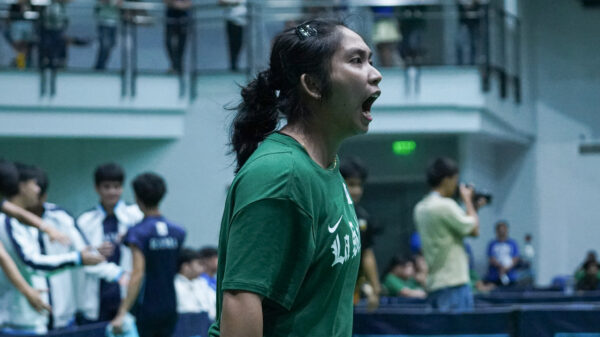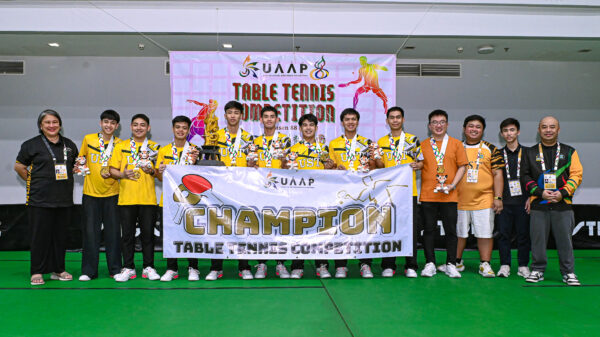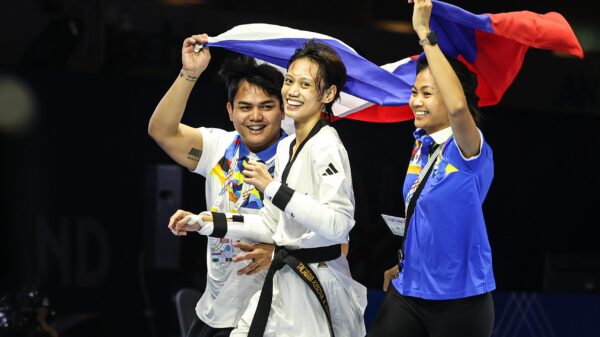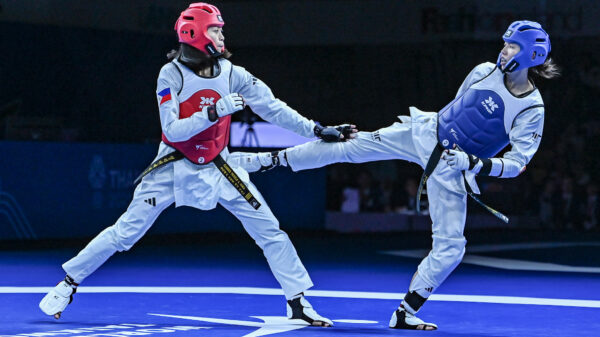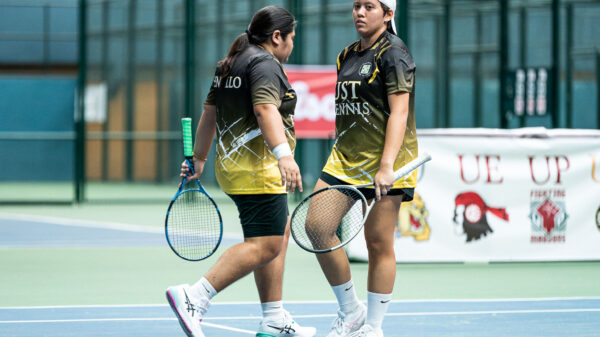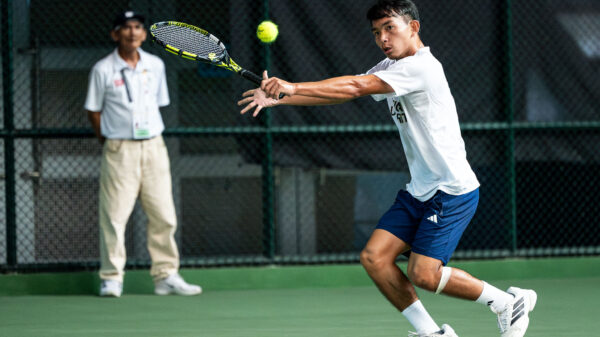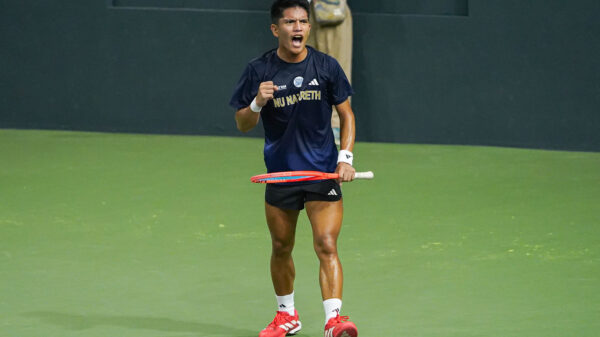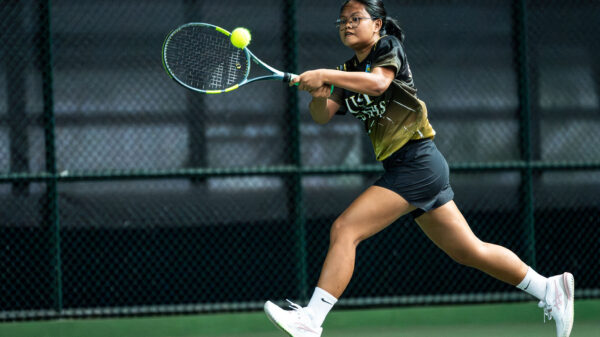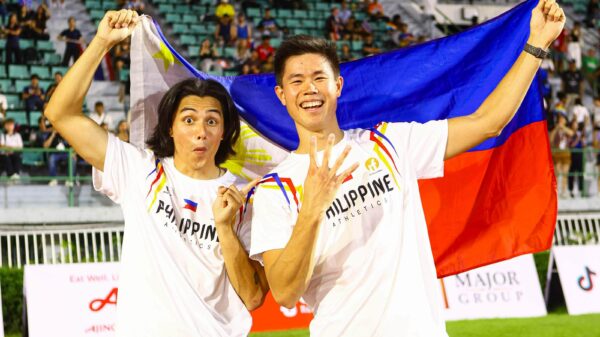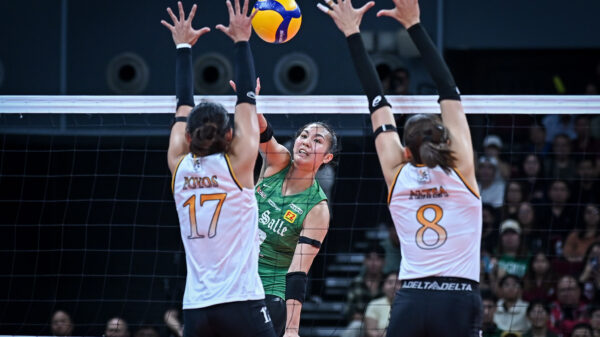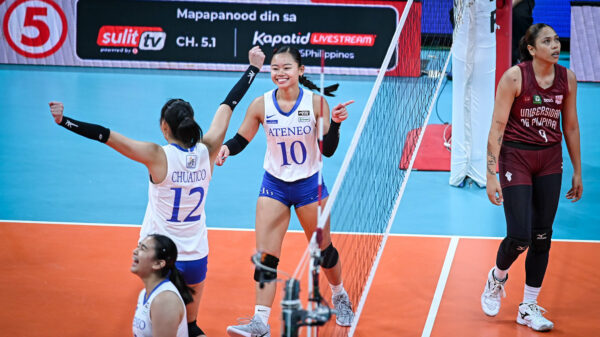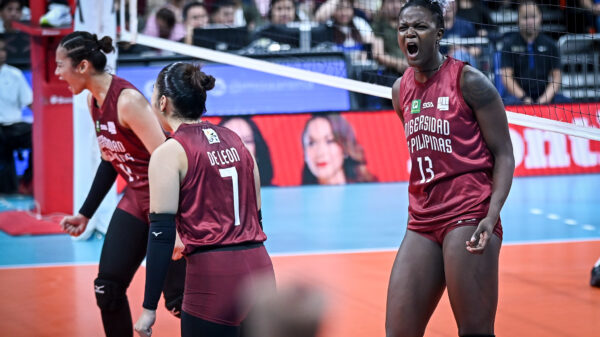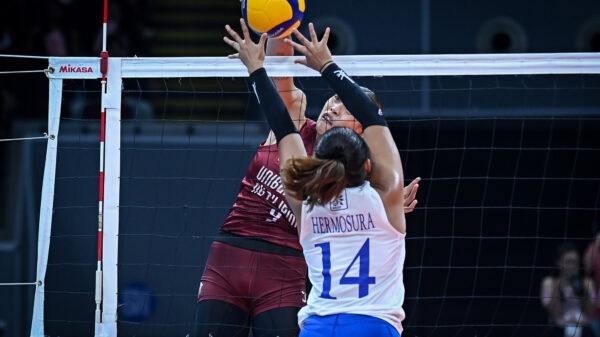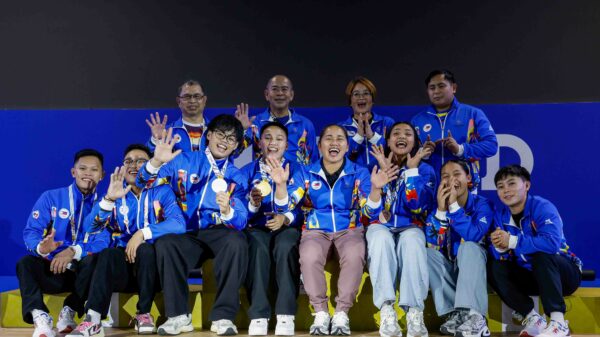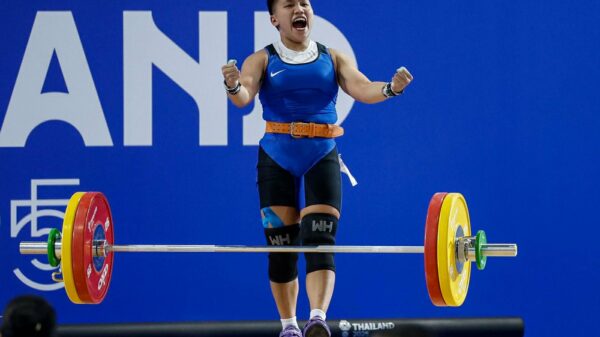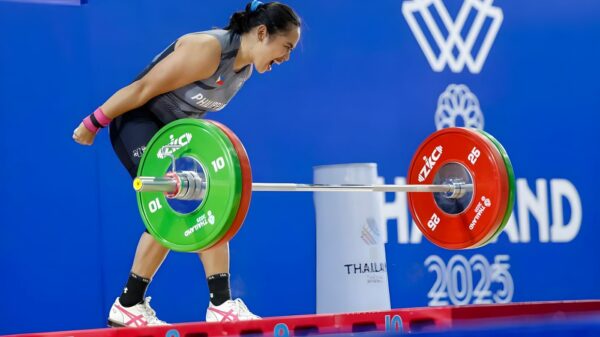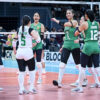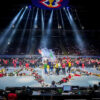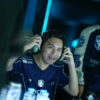Another year, another poor showing for Team Philippines.
The 17th Asian Games wrapped up earlier this month in Incheon and the collective efforts of the 150-strong contingent only yielded a measly 15 medals. One gold, 3 silvers, and 11 bronzes—hardly anything to brag about for a country of 100 million.
This year’s 1-3-11 finish is a few measures short of the gold-silver-bronze showing in past years. Whichever way you look at it, we seem to be worse off: in 2010 it was 3-4-9 and in 2006 it was 4-6-9. We’ve tumbled from being ranked 18th to 19th to 22nd in three Games.
That this was the worst Asiad finish of Team Philippines since 1951 does not seem to faze our dear sports leaders. On the all too familiar question “Why are we losing so badly?” the answer is never because of the inadequacy of those in charge of Philippine sports. Chair of the Philippine Sports Commission, Richie Garcia, has taken things even further. In an interview post-Asiad he went on as far as to lay blame on the athletes themselves saying that, “A little more push and they could’ve won those medals.”
It is time we cry for shame.
Sorry never sorry
In the Philippines it is all too often the case that whenever disaster or failure strikes we always look for a scapegoat. Bad results, even as they are a product of the usual suspects of a dysfunctional system, are often blamed on someone or something else. “Hindi sinuwerte eh” or “Dinaya kami” are things we hear all the time. My personal favorite is one often uttered by those in politics, “It is the fault of the last administration.”
I have come to expect this from our leaders and I could probably have written off this sorry Asiad finish as another item in the long list of all that’s wrong in the country, sports or otherwise. But sometimes even the most cynical of us can be surprised at the callousness of remarks. In the case of the statement made by a big boss in sports, this is one such instance.
A numbers game
On one hand I do understand how for administrators and for those in management positions numbers are important. I’ve had a love-hate relationship with math but I respect numbers. They give meaning to otherwise arbitrary qualifiers. Hot or cold becomes “How many degrees centigrade?” and scales of 1-10 can help you visualize exactly how hot or attractive your friend’s Friday night date was. Numbers help us make sense of things as they make sense of athletic endeavors. We know that “good” sports programs are those that yield results in an array of hardware: in gold, silver, and bronze.
Like it is in other endeavors, these are the necessary benchmarks for performance, however, it would be wrong to say they tell the whole story.
There’s long been a push-pull between quality and quantity. Should you go out on more dates or should you just focus on looking for “the one”? In geeky research-speak, this is a manifestation of the debate for qualitative and quantitative methods. The gist of it being that you can examine a single or a handful of cases and come out with a deep and rich understanding, or you can examine loads and loads of cases and arrive at some truth that applies to a significant number of them but not to a level that reaches that deeply.
This isn’t a social science class so perhaps it’s best to stop there. But one thing we can learn from the two ways to go about research is the limits of one versus the other. You can cast a wider net with a quantitative approach but understand more thoroughly with a qualitative approach.
Applying these things to sports programs, a program’s success is based on the numbers and the number of medals it produces. Measurements are indeed necessary but we ought to keep in mind the individual cases that make up the numbers; the athletes who dedicate significant portions of their lives to compete for flag and country. We measure success in sports programs through the medal by numbers, but it is critical to recognize still the efforts of the athletes even as we criticize the mess of a program of which they are part.
All that is Ill
What was particularly unnerving about the remarks made by Richie Garcia was that it discounted the 17th Asian Games athletes in such a summary manner. “A little more push and they could’ve won those medals.”
Perhaps a little more support for our athletes and we could’ve won those medals. Perhaps a little more transparency from the system and funds could’ve efficiently reached the athletes. Perhaps better training, facilities, and a little more leadership and we could have a sports program we can be proud of.
In view of recent events in Philippine sports, this game of finger pointing has to some extent become more apparent. Blaming is in vogue and aside from the post-Asiad remark by the PSC Chair, UP Maroons Men’s Basketball Team head coach Rey Madrid also recently called his players a bunch of rejects and Team B-caliber athletes. Gilas Pilipinas coach Chot Reyes blamed, too, one of his team’s recent losses on player Marcus Douthit.
While each case is different in its own right and with one statement more justified than the other (guess which one), both cases illustrate a pointed accusation of fault.
The burden of leadership
Looking back, I understand more vividly now what my coach used to tell me and my teammates back in college, “When teams win people say it is because the players are good and when they lose it is because of the coach.” I remember now how he’d tell us this line with a heavy sigh. He may have understood that the burden of leadership is command responsibility.
All in all the problem with finger pointing, especially in our leaders, is that for the very reason that no one would like to be blamed, no one assumes the bigger responsibility of making things better. Coach Chot was admirable in his apology for Gilas Pilipinas’ poor showing in the Asian Games. He may have pointed the finger at another point in time but his willingness to apologize for his inadequacy is something we rarely see in this country. Philippine sports bosses, please take note.
In any case, I still look out for hope that things can change from what they are now. Perhaps when we can become ready to accept blame we can more surely take responsibility for our actions.
Perhaps then we can earnestly begin to ask ourselves the next relevant question on the matter: “How can we make things better?”

